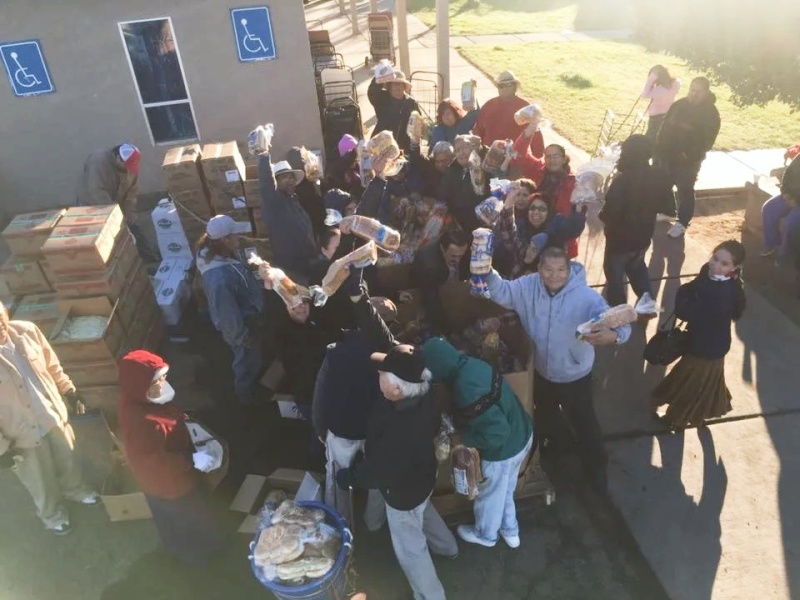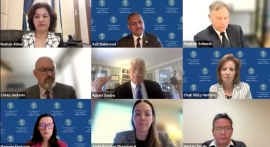
A U.S. court has ruled that an Arizona city cannot prevent a church from suing over the shutdown of a ministry that provided food to needy families near the U.S. southern border.
Senior United States District Judge G. Murray Snow, appointed by George W. Bush, issued an order last Friday denying the city of San Luis’ request to dismiss a lawsuit filed by Gethsemani Baptist Church.
In his ruling, Snow stated, “the Church has a plausible claim that it maintains the legal right to continue operating its ministry” and that the congregation “sufficiently plead facts to establish a plausible entitlement to relief.” Gethsemani Baptist Church is being represented by the First Liberty Institute (FLI).
Camille Varone, associate counsel with FLI, commented, “The city should vigorously support a church that meets the needs of those going hungry without using government resources.” She further added, “It’s indefensible that a city would purposefully stop a ministry that feeds the hungry. We hope to allow Gethsemani Baptist Church to once again provide care for the vulnerable, hurting people in the surrounding communities.”
In March, Gethsemani filed a complaint in federal court against the city of San Luis, Mayor Nieves G. Riedel, Acting City Manager Jenny Torres, and City Code Enforcement Officer Alexis Gomez Cordova. According to the lawsuit, the city shut down the food ministry, which had been operating since 1999, and reported aiding hundreds of families by distributing food and sharing the Gospel.
The complaint notes that after Riedel’s election in 2022, the city claimed the outreach program violated zoning laws, such as the use of semi-trucks in a residential area. City officials characterized the church's activities as “commercial-level food distribution.”
The complaint stated, “Since 2012, when the City adopted its current Zoning Code, the Church and its Food Ministry were treated as a 'legal nonconforming use,' meaning that it could continue to operate in the residential zone.” It also noted that although the Food Ministry has grown in scale and required larger trucks since 2002, its scope and character have remained largely unchanged since the adoption of the Zoning Code.
In late July, the U.S. Department of Justice filed a statement of interest in the U.S. District Court for the District of Arizona, explaining that the church’s activities are legitimate under the Religious Land Use and Institutionalized Persons Act of 2000.
Assistant Attorney General Kristen Clarke of the DOJ Civil Rights Division stated, “Federal law provides broad protection to religious exercise, including for ministries that serve people who are hungry or in need of basic supplies.”
Clarke added, “Once a municipality applies its zoning code to restrict religious exercise, impacted groups do not need to jump through procedural hoops to obtain relief in federal court. The Justice Department is committed to ensuring that religious groups can properly exercise their rights under RLUIPA.”



















